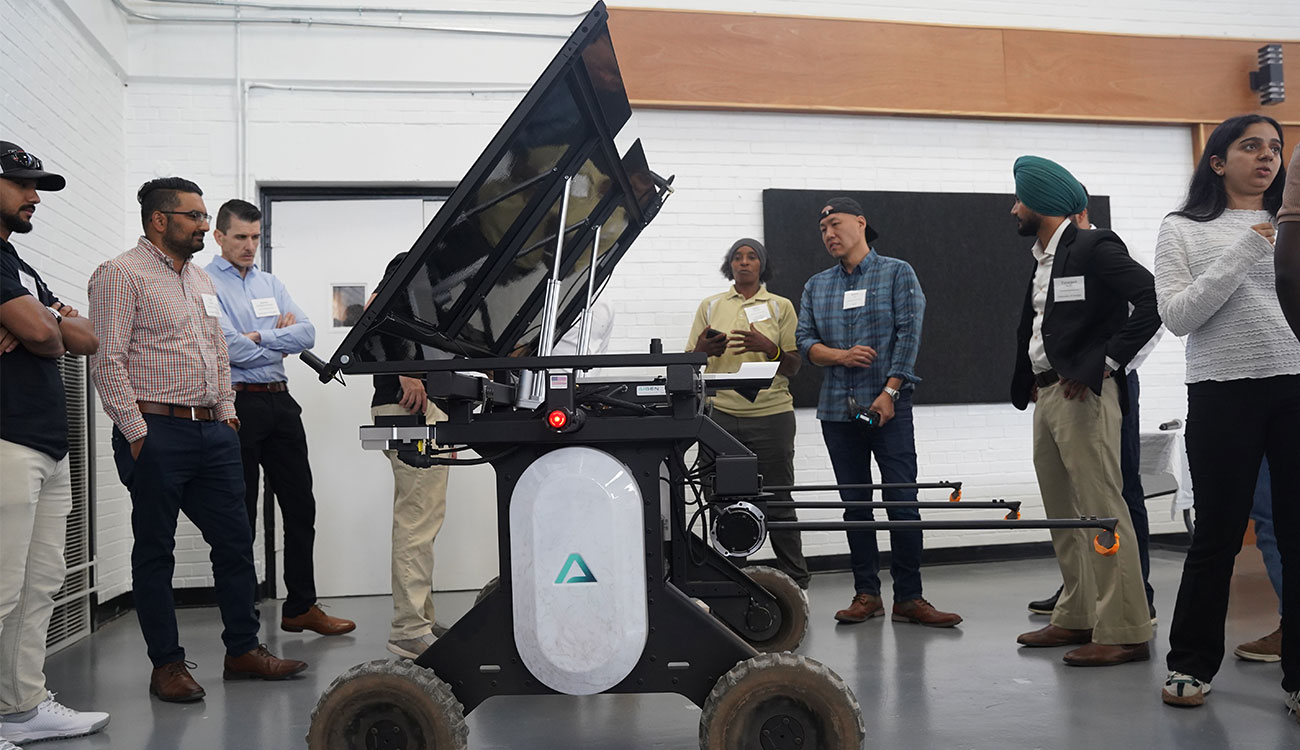 CAES News
CAES News
Advances in Plant Sciences
UGA plant scientists provide the tools for more adaptable, advanced plant varieties that lead to food security and sustainability around the world. Researchers in pest and disease management, crop production, and turf science find solutions for the grand challenges we face globally. Research spanning advances in plant sciences include the following:
- Pest/Disease Management
- Plant Breeding and Genetics
- Specialty Crops
- Crop Management
- Plant Growth and Growing Process
- Grass Sciences and Management
- Plant Implications for the Public
Healthy plants are the key to a sustainable future. CAES plant pathologists are experts in plant science, breeding and genomics. Our faculty work to ensure the economic viability of Georgia’s agricultural industry and their research contributes to national and global food security by reducing crop losses.
UGA Departments and Centers
Institute of Plant Breeding, Genetics and Genomics
Department of Crop and Soil Sciences
Integrated Pest Management Program
Department of Agricultural and Applied Economics
Department of Agricultural Leadership, Education and Communication
Peanut and Pecan Diseases Program
Muscadine Grape Breeding Program
Statewide Variety Testing Program
Sustainable Agriculture at UGA
Tomato Spotted Wilt Virus Program



